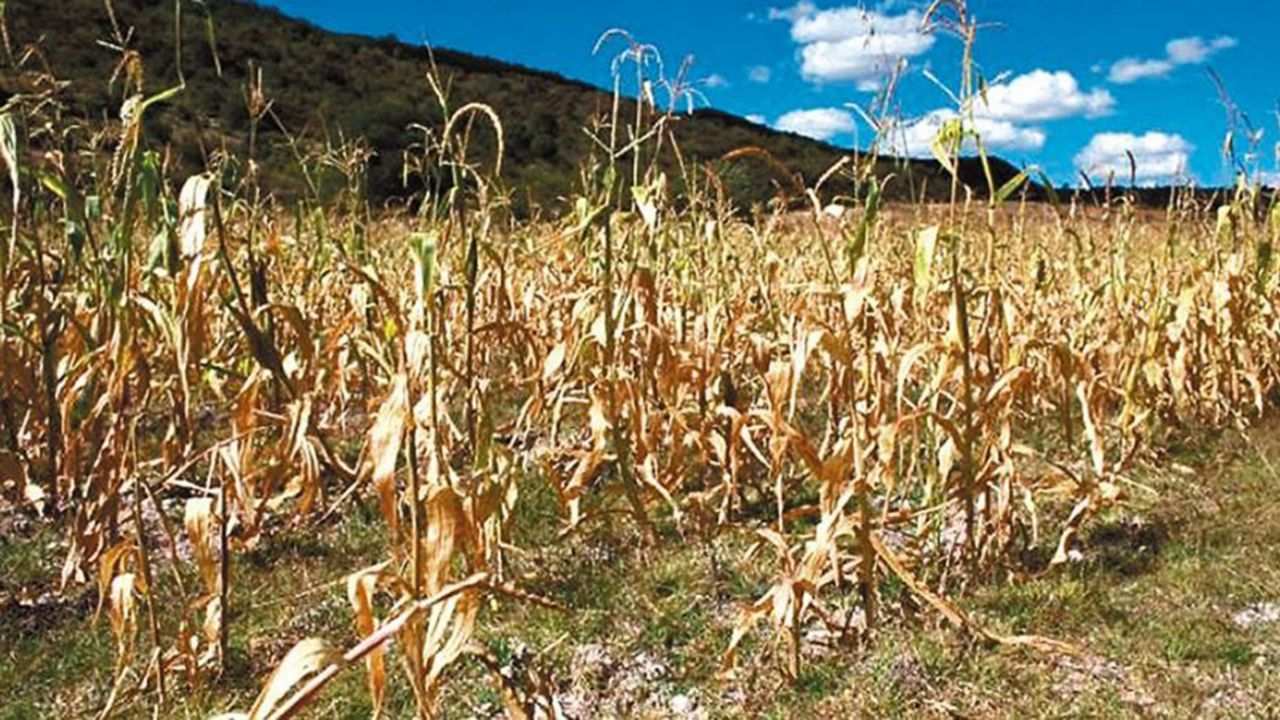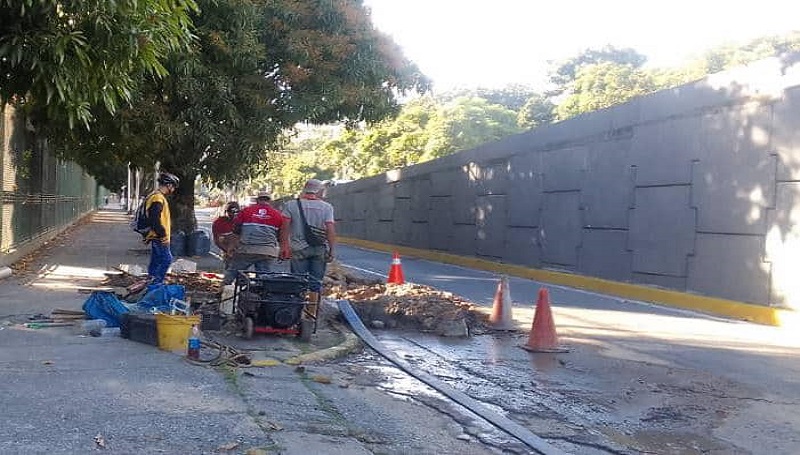The province of Between rivers It is ravaged by the weather in its territory. The high temperatures, little or no rainfall, the great drought and the downspout of the Paraná River cause partial damage to crops, low productivity of the agro-industrial sector, increased chances of forest fires and the destruction of local flora and fauna.
Due to all these inclement weather conditions in the Provincethe governor of Between rivers, Gustavo Bordet, decided to extend the state of environmental emergency for one more year, since this declaration by the provincial government ended today, Wednesday, January 18. The measure was adopted by decree 14/2023.
This extension of the emergency mentioned in Between rivers will allow more resources to be mobilized provincial and state in the fight against forest fires, economic programs to contain local producers who see their work strongly compromised and promote initiatives to safeguard fauna and flora that is in imminent danger.
The conditions in which an environmental emergency is decreed consist of considering serious or catastrophic events that affect not only people’s assets and their integrity, but also the ecosystem of the region. made up of its native flora and fauna that is in danger of being eradicated, in this case, by the drought classified as historic and the longest downpour in history since 1884.

Problems for agribusiness
The 2022/2023 agricultural campaign takes place in a strongly adverse framework due to the climatic conditions that have been occurring for three consecutive years. In 2020, the descent of the Paraná River began, culminating in the most important of those registered since 1884, affecting the productivity of the agro-industrial sector.

Both agriculture and livestock are compromised in most of the country as a result of increasingly strong droughts year after year that have devastating effects on the economies of each district, causing in this last annual period a smaller area planted with coarse grains and the anticipated sale of cattle for fear that they will die from high temperatures. As if that were not enough, the cost of grain for cattle, fertilizers and pesticides increased significantly due to the Russo-Ukrainian war.
















